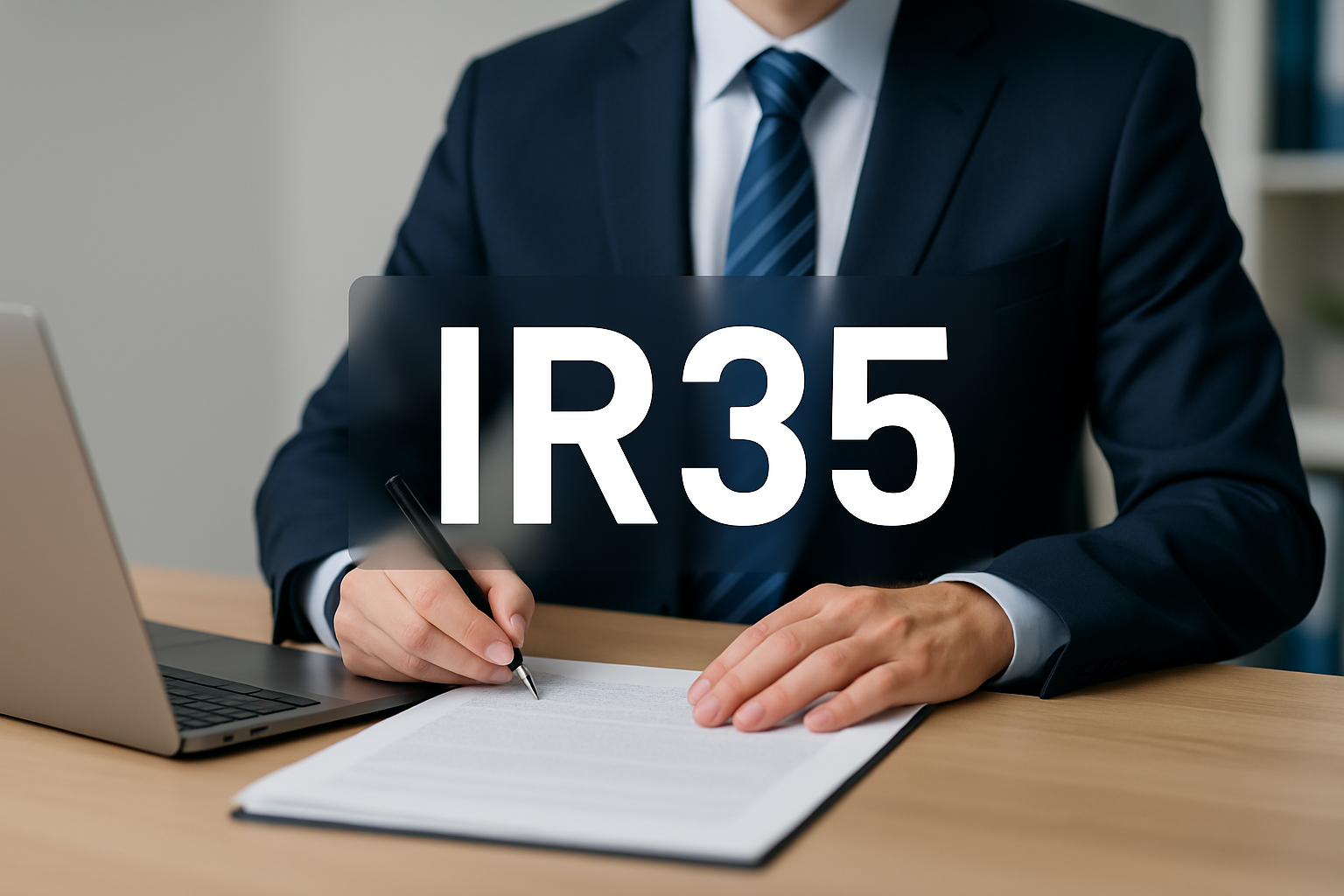
How We Can Help
At Evodia, we support contractors and hiring businesses in navigating IR35 confidently. Whether you need help understanding your IR35 status, reviewing contracts, or ensuring compliance, our team is here to guide you every step of the way.
Book a free consultation today to review your contracts, assess your IR35 risk, and build a compliant contractor strategy.
FAQs About IR35
Q1: Can a contract alone determine IR35 status?
No. HMRC looks at the actual working relationship, not just what's written in the contract. Practices must align with the contract to avoid IR35 issues.
Q2: What happens if my role is assessed as being inside IR35?
You’ll be required to pay income tax and National Insurance as if you were an employee. The organisation responsible for paying you will handle this and deduct the necessary income tax and National Insurance contributions from your pay.
Q3: What tools are available to check IR35 status?
HMRC offers the CEST tool, but many prefer independent reviews for more accurate and reliable results.
Q4: Do HR teams need to issue a Status Determination Statement (SDS)?
Yes, if you're in the public sector or a medium/large private company, you must provide a formal SDS to the contractor and fee-payer.
Q5: Can a contractor challenge their IR35 determination?
Yes. Contractors have the right to dispute the status decision, and the end client must respond within 45 days.